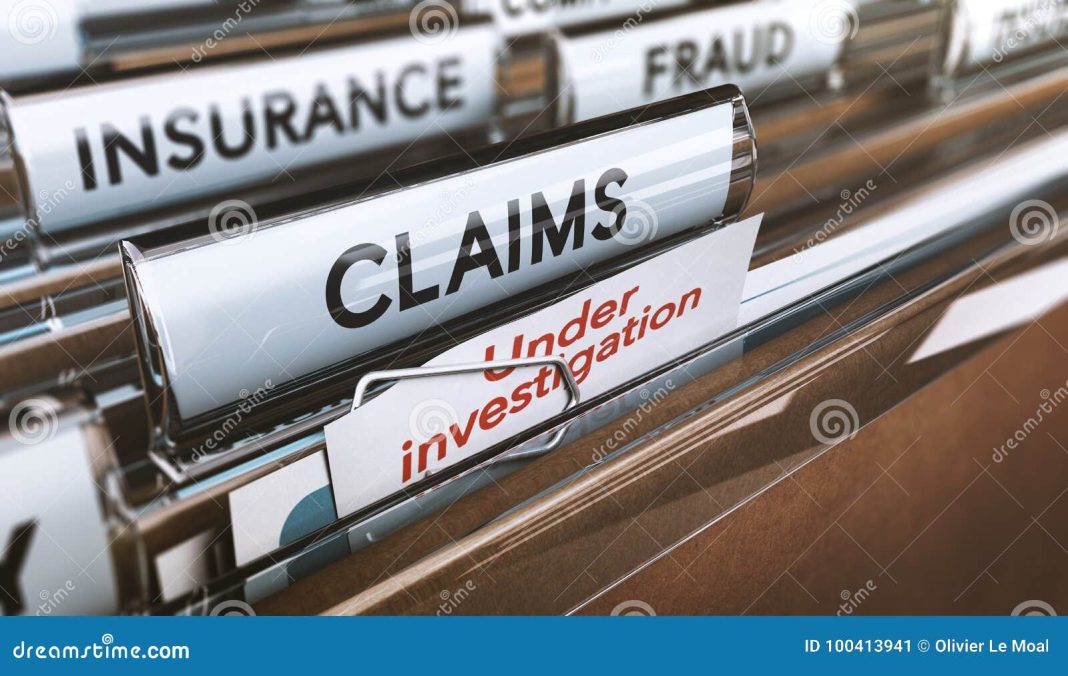 The Rise of Motor Injury Fraud and Bogus Claims
The Rise of Motor Injury Fraud and Bogus Claims
Introduction:
Last year, leading insurer Aviva reported a staggering 39 percent increase in fraudulent motor insurance claims, amounting to millions of pounds. These findings shed light on the growing issue of motor injury fraud, which accounted for 35 percent of all detected bogus claims. Aviva’s investigation uncovered over 11,000 suspect claims worth £116 million in 2023 alone, equating to approximately 30 fraudulent claims per day, with an average value of £318,000.
The Surge in Fraudulent Claims:
Aviva’s analysis revealed a significant surge in fraudulent claims related to minor injuries sustained in road traffic accidents and damage to motor vehicles. Specifically, motor injury fraud emerged as the most popular target for fraudsters, comprising 35 percent of all detected bogus claims. Aviva also noted a 19 percent increase in fraud injury claims, amounting to over £23 million. Alarmingly, more than £6 million worth of these claims were based on scams involving personal damages and injuries that never occurred.
The Tactics Employed by Fraudsters:
One tactic frequently employed by fraudsters involves third parties who are not Aviva customers filing opportunistic claims. These claims often involve exaggerated injury claims resulting from low-speed accidents, such as minor collisions in car parks. Aviva found itself defending more than 400 fraudulent or exaggerated bodily injury claims in court.
Motor Damage and the Impact of Whiplash Reform:
Aviva’s data revealed that fraud injury and motor damage claims constituted the majority of fraudulent activity. Notably, fraudulent motor damage claims skyrocketed by a staggering 123 percent in the past year alone. Aviva attributed this increase to the Whiplash Reform Programme implemented in 2021. Under this reform, individuals making bodily injury claims below £5,000 would no longer have their legal fees covered by insurers and would need to provide medical evidence for all future whiplash claims.
Aviva’s Counter-Fraud Measures:
To prevent passing the cost of fraud onto customers, Aviva has invested in robust counter-fraud tools. These investments have significantly enhanced the insurer’s ability to detect fraud across all lines of business, resulting in a steep rise in the number of fraudulent claims detected, particularly in motor insurance. Aviva remains committed to vigorously defending fraudulent or inflated claims and prosecuting those who target the company.
The Dangers of “Ghost Brokers”:
In addition to motor injury fraud, Aviva also warned about the rise of “ghost broking” in motor insurance. Ghost brokers are fraudsters who pose as legitimate insurance brokers to sell fake car insurance policies. They obtain insurance policies from genuine companies using false customer information to acquire cheaper rates. An Association of British Insurers (ABI) poll revealed that 90 percent of respondents knew nothing about ghost broking, despite being aware of online insurance fraud.
The Impact on Customers:
Detective Chief Inspector Tom Hill from the City of London Police’s Insurance Fraud Enforcement Department emphasized the detrimental impact of ghost broking on unsuspecting customers. Many individuals unknowingly purchase policies that are worthless and provide no coverage. These fraudulent deals can often be found online and on social media platforms, making it crucial for consumers to exercise caution and differentiate between legitimate offers and suspicious ones.
The Role of Accident Management Companies:
Aviva also highlighted the role of accident management companies (AMCs) in misleading customers. These companies often use spoof ads, leading customers to believe they are contacting their insurer. However, when the at-fault insurer challenges the inflated costs presented by the AMC, the claims company pressures the customer into paying. This pressure arises because customers have signed contracts obliging them to pay if the repair, credit hire, and other costs cannot be recovered. In many cases, these costs amount to tens of thousands of pounds.
Conclusion:
The surge in motor injury fraud and bogus claims represents a significant challenge for insurers like Aviva. Fraudulent activities, including exaggerated injury claims and motor damage fraud, have seen a dramatic increase in recent years. However, Aviva’s commitment to investing in counter-fraud measures and its determination to defend and prosecute fraudsters demonstrate the company’s dedication to protecting its customers. The rise of ghost brokers and the misleading tactics employed by accident management companies further highlight the need for consumers to exercise caution and stay informed to avoid falling victim to insurance scams.


